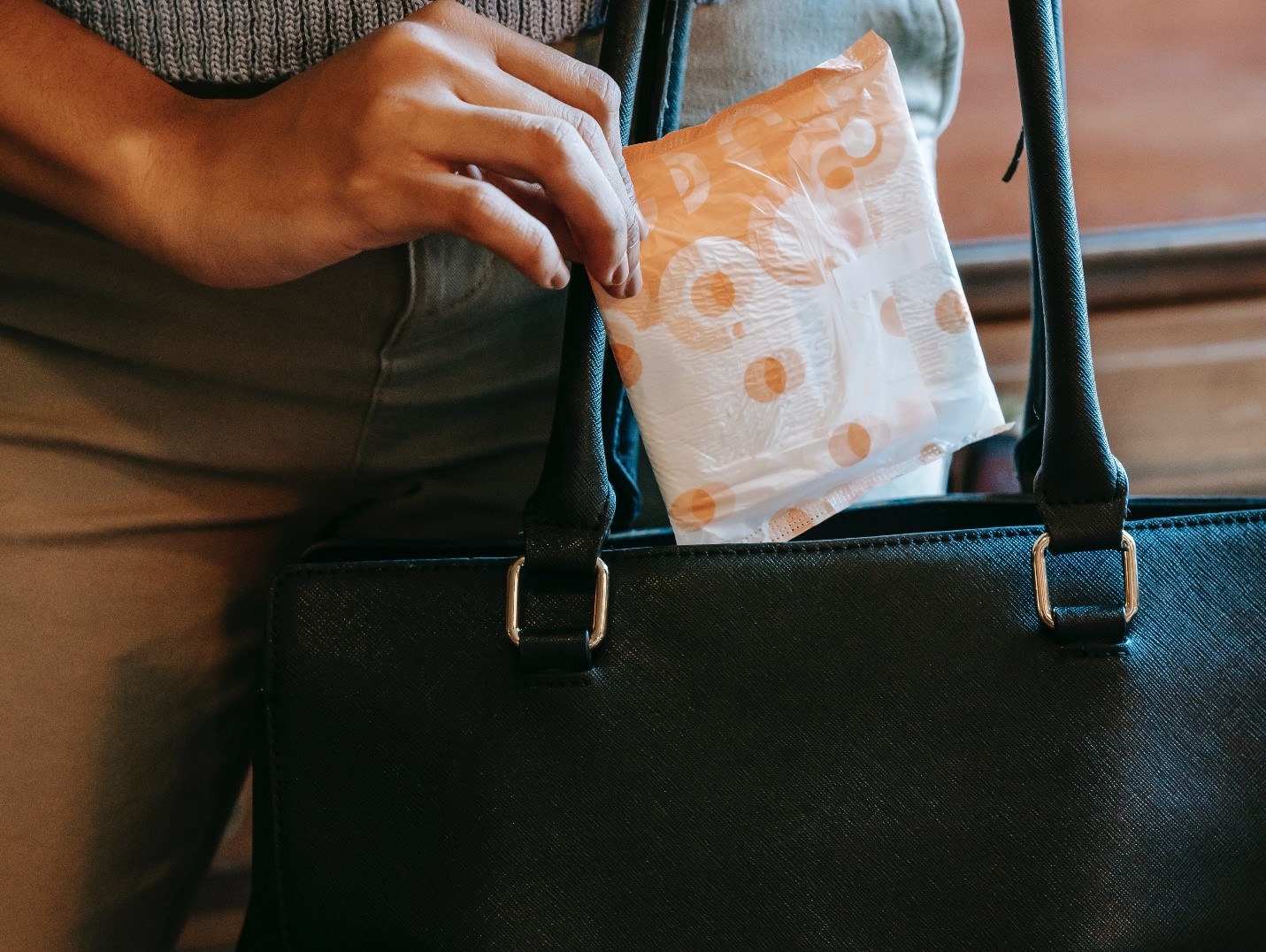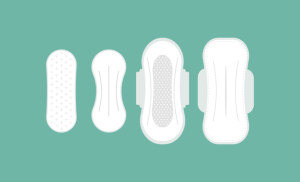Are you among those who’ve heard tales of how the process of menstruation affects our physical and emotional health?
We share stories with our friends and talk to our parents, hoping to fill in the gaps of what we don’t yet fully understand. The thing is, not all the tales we hear are true—most are just myths that have survived the test of time.
Misconceptions about menstruation and its effects on women’s daily lives can negatively affect their physical, mental, and emotional well-being.
In this post, we will have a closer look at some of the most common myths and misconceptions about menstruation, so that you can have a better understanding of the natural process in your body.

What is Menstruation?
Menstruation is a natural monthly process that occurs in females of reproductive age. It is essential for the healthy functioning of the reproductive system and is a sign that all is well with the body. Although it is a natural process, unfortunately, there are still many misconceptions and myths surrounding it.
Menstruation is the periodic shedding of the inner lining of the uterus and occurs when an egg isn’t fertilized and isn’t implanted in the uterus. The hormonal changes that occur during this time can also cause physical changes such as bloating, headaches, cramps, and fatigue.
Menstruation is a sign that our bodies are healthy; it’s an indication that we can have children when we choose to do so. It’s important to understand what menstruation is so we can debunk myths and misconceptions, promote good health practices, and foster an environment where menstrual health information can be shared without fear or stigma.
Common Myths and Misconceptions About Menstruation
There are several myths and misconceptions about menstruation, which can lead to confusion or a feeling of shamefulness, so much so that women often feel hesitant while buying Essentials sanitary pads. It is important to inform ourselves and share the facts with others so that we can reduce any stigma associated with periods. Here are a few common misconceptions about menstruation:
1. Some people think that it is unclean or dirty to have a period, which is not true. Menstruation is a normal and healthy process of the female body, and women should not be ashamed of their menstrual cycle.
2. Many believe that women cannot go swimming or even have long showers during their period; however, swimming is perfectly safe during menstruation and periods do not increase the risk of infection.
3. Finally, some people think that menstruating women should not exercise; in truth, physical activity has been found to provide relief from menstrual symptoms such as cramps and fatigue.
How to Recognize False Information Surrounding Menstruation?
It’s no secret that there are many myths and misconceptions surrounding menstruation. So how can you recognize false information when it comes to this topic?
First and foremost, it’s important to be mindful of anecdotal “evidence” that is not backed up by science or fact. Question anything that doesn’t feel rooted in reality, like claims that eating certain foods will affect your menstrual cycle or stories from friends about their experiences that sound truer than anything.
It’s important to research any claims you come across to verify their accuracy. If the source of the information does not cite reliable references, it’s best to consult a gynecologist. Above all else, trust your judgment and don’t believe everything you read or hear about menstruation without doing proper research.
How Does Culture Influence Perceptions About Menstruation?
It’s no secret that menstrual taboos and cultural norms play a huge role in shaping perceptions about menstruation. In many cultures, there are numerous myths and misconceptions about menstruation that have been passed down for generations.
For example, in India, many people believe that menstruating women should be isolated since they’re considered to be “unclean” during this time of the month.
In some countries, girls are forbidden from participating in certain activities or attending certain places of worship while they are on their period.
And even in western cultures, there can be a lot of shame associated with having your period.
These cultural norms can have a huge impact on how girls and women experience their periods, and it is important to recognize these biases and beliefs so that we can challenge them in an effort to create a more positive atmosphere around menstruation.
Challenges Faced by Women in Managing Menstrual Health
Women around the world are facing a number of challenges when it comes to managing their menstrual health. From access to affordable sanitary products and hygiene education to cultural taboos and stigmas that prevent women from discussing the topic openly—many issues still need to be addressed.
Moreover, girls and women living in poverty often lack access to sanitary products and other essentials, which can lead to serious health complications or even missed school or work days. The good news is that organizations like UNICEF are working hard to end this inequality and improve access for all. As such, it’s important to continue raising awareness about these issues so we can continue making progress.
Additionally, women should also be educated on menstrual hygiene and how to pick the right menstrual product for staying comfortable during their periods. It’s important to note that even those women who have a proper access to menstrual products are often confused and feel ashamed while purchasing pads. Plus, they usually don’t know whether they should pick Essentials ultra-thin pad, Essentials extra-long pad or any other widest sanitary pad for their use.
How to Fight Against the Stigma Around Periods?
In addition to being aware of the myths and misconceptions around periods, it’s important to also think about how we can work together to fight against the stigma. After all, periods are a normal, natural part of life and there is no reason why they should be shamed or hidden away.
One great way to combat this stigma is by educating yourself as well as others. Do your research on menstrual cycles and reproductive health and share what you have learned with those around you. You can also join in on conversations that are already happening in your community about issues related to periods and reproductive health, or even start one yourself.
Another effective way to fight against the stigma is by actively supporting those who menstruate in your life—whether it’s listening when someone shares their experiences or using language that reflects respect for periods. Finally, normalize periods—in conversation with your friends and family, online through social media posts and campaigns, and beyond!
All in all, there are many myths and misconceptions about menstruation that have been perpetuated for generations. It is important to be aware of the facts so that we can end harmful stereotypes and misinformation.
Indeed, menstruation is a natural and important part of every woman’s life, and its relevant issues should be discussed openly and without shame. Having correct information available will enable people to make informed decisions about their bodies and reproductive health, which can lead to improved quality of life and better health outcomes.







